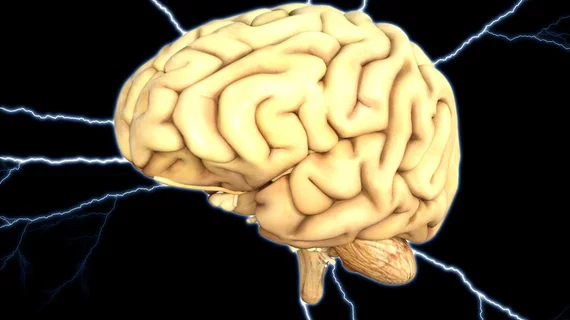SpiNNaker computer mimics the human brain’s neural networks
A custom-built computer, dubbed SpiNNaker, which mimics the brain’s neural networks, is helping researchers learn more about conditions including epilepsy and Alzheimer’s disease.
"SpiNNaker can support detailed biological models of the cortex--the outer layer of the brain that receives and processes information from the senses--delivering results very similar to those from an equivalent supercomputer software simulation," van Albada said. "The ability to run large-scale detailed neural networks quickly and at low power consumption will advance robotics research and facilitate studies on learning and brain disorders."
The researchers, led by Sacha van Albada, PhD, of the Jülich Research Centre in Jülich, Germany, tested the SpiNNaker for accuracy, speed and energy efficiency against NEST—a supercomputer software currently utilized for brain neuron-signaling research. Results of the study were published in Frontiers of Neuroscience.
The researchers found similar results between SpiNNaker and NEST—with the SpiNNaker using only 1 percent of its total capability. SpiNNaker had a similar accuracy, energy consumption to that of NEST.
In development for more than 15 years, SpiNNaker includes a half-million simple computing elements controlled by its own software.
“Our results widen the application domain of SpiNNaker and help guide its development, showing that further optimizations such as synapse-centric network representation are necessary to enable real-time simulation of large biological neural networks,” van Albada et al wrote.
The researchers noted they look to further improve the software for efficiency.

